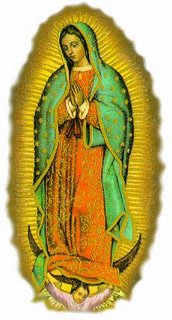SCHULTZE GETS THE BLUES
And to think that I thought
The Station Agent was slow.
This movie had such gaps in what little story was communicated about the retired German salt miner who grew to love zydeco and went to America ... that Tom spent what seemed to me to be a remarkable amount of time trying to track down whether or not a German audience would have picked up on cultural markers better and liked it more. Nope. He found countless movie reviewers who didn't even understand the details of the story that
was told. He found that the German audiences didn't like it nearly as well as Americans did.
Just which Americans I am at a loss to say. Perhaps those that felt The Station Agent needed to slow down and lose about 3/4 of its story line.
Not to mention that we were generous in allowing "movie magic" to let Schultze pilot his boat along the Guadalupe to the Louisiana bayou country. That question and whether he actually stole the boat occupied a great deal of time in our DVD watching conversation ... but, as I say, it wasn't being taken up with anything like a story line, so no problem.
I don't mind a slow movie that takes its time and doesn't have a big story to tell. Some of those movies that come to mind include Lost in Translation,
Mostly Martha, The Story of the Weeping Camel,
Bigger Than the Sky,
Danny Deckchair or that really charming little movie about the young monks (Indian?) who want to watch the World Cup games.
(If anyone knows the name of that movie I'd be most grateful. We'd like to watch it with the girls but can't track it down.)This movie earns The Coma Award for two distinctions. The aforementioned severe lack of story line and the fact that the director evidently favored setting up a tripod and leaving the camera at one angle for extended periods of time ... such as every scene. Wonder who Schultze is talking to for several minutes when his boat is broken down? Well, keep wondering because the sheriff's boat isn't going to come into the frame for several more minutes and we wouldn't want to ruin the suspense by panning the camera at all.
If you want to see a thoughtful, charming German movie, rent
Mostly Martha. Leave Schultze Gets the Blues strictly alone.
HC Rating:
* Worse than Godfather III.
